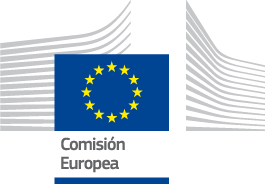Spain
,
Environment, Marine litter, Water quality, Governance, Complementary funding, Fisheries resources, Integrated coastal management, Small-scale and coastal fisheries
In collaboration with WWF Spain, and levering in funding from UP 1 of the EMFF, the Cádiz Estrecho FLAG is setting up an MPA to ensure the sustainable future of its natural environment and fisheries. While the fisheries of Cádiz have always been proactive in the protection of natural resources, further measures were deemed necessary to sufficiently protect the area’s marine environment.

